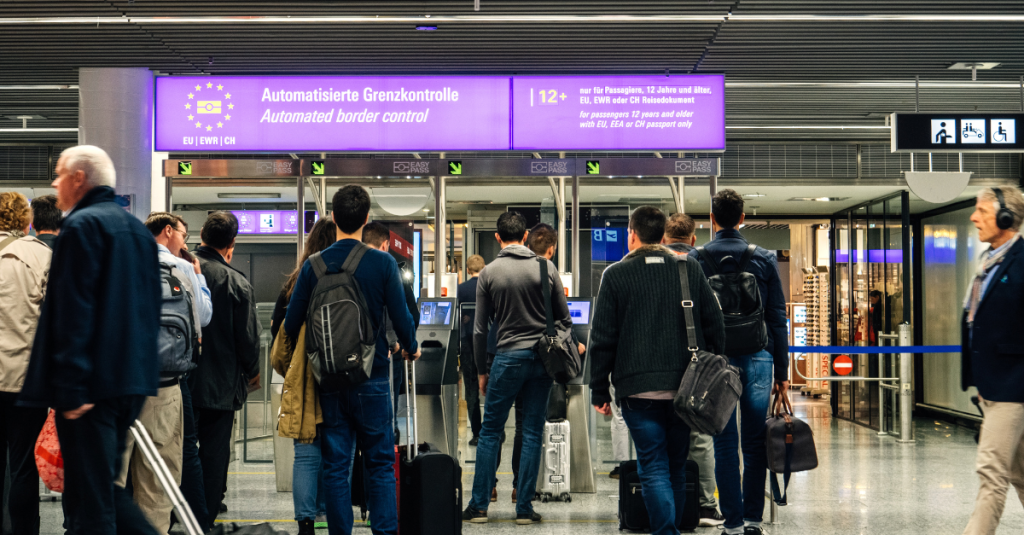The European Union has postponed the implementation of biometric border checks for non-EU citizens, known as the Entry/Exit System (EES).
- Originally scheduled for introduction in 2022, the EES’s delay provides the travel industry with much-needed time for preparation.
- Key member states, including Germany, France, and the Netherlands, highlighted system readiness issues as reasons for the postponement.
- Industry leaders express relief over the delay but stress the importance of clear communication and adequate preparation time.
- Calls for collaboration between governmental bodies and the travel industry to ensure smooth implementation of new border systems.
The European Union’s decision to delay the Entry/Exit System (EES) offers a temporary reprieve for travellers and the travel industry alike. This postponement, initially foreseen for a November rollout, was prompted by readiness concerns from key member states such as Germany, France, and the Netherlands, which indicated their systems were not yet fully prepared.
Luke Petherbridge from Abta concerns, stating, “It is good to know the full implementation of EES is no longer expected in November, as the industry had been left in limbo waiting for news on when it will start.” The delay alleviates the uncertainty surrounding the planned changes, though there’s a continuing need for urgent clarification on the EES’s future implementation steps.
The Advantage Travel Partnership’s Julia Lo Bue-Said describes the EU’s decision as a relief due to worries about preparedness across the EU bloc. She acknowledged, however, that while the delay provides more time for adaptation, the numerous postponements have not fostered good public awareness. This underscores the necessity of transparent communication as the actual launch date approaches, avoiding peak travel periods where possible.
Furthermore, Christina Brazier of Aito welcomed the delay, recognising the need for addressing unresolved issues and concerns raised by member states. “This announcement gives member states valuable time in which to prepare and for the EU to clarify key outstanding issues,” she commented. The travel industry anticipates the proposal of a phased rollout, which would allow systems to be thoroughly tested before full implementation.
The delay in implementing the EU’s Entry/Exit System underscores the need for strategic planning and effective communication within the travel industry.

